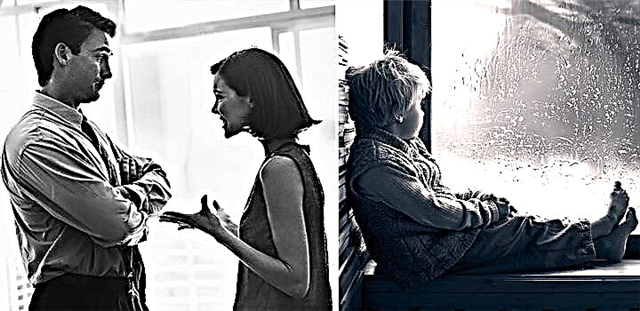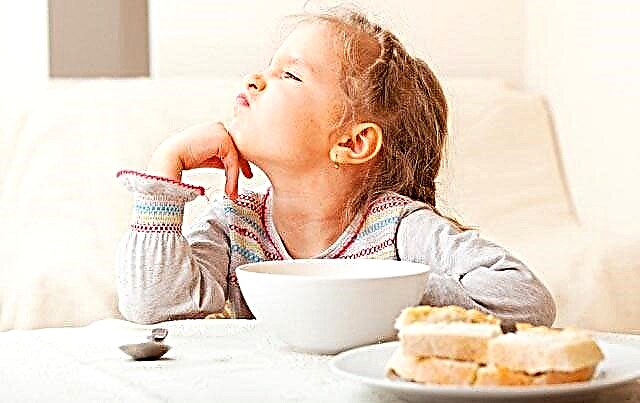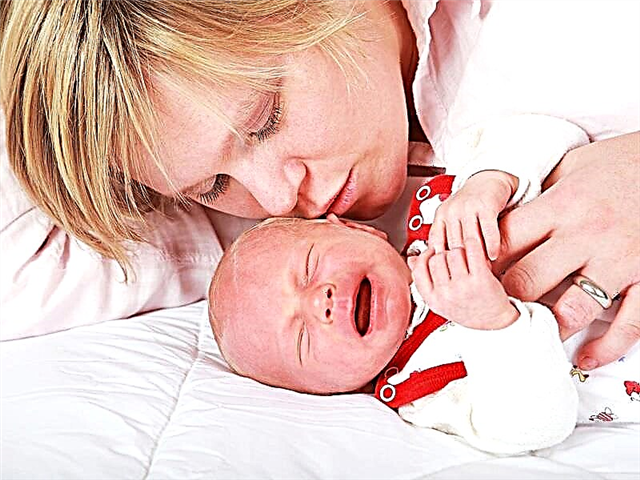
An attentive mother will always notice that the child began to drink a lot more water than before. This situation is often a cause for concern, because it can be caused by both very harmless factors and serious pathologies. Why can a child drink too much water and what should parents do in this case?

How much should a child drink normally?
Each of the babies is different, so someone drinks little water and does not experience dehydration, and someone needs more fluid... Nevertheless, doctors determined the average indicators of children's water requirements (not only in pure water, but also in water in food), which are the norms for age for each kilogram of weight:
- Newborns need 90-130 ml of fluid.
- Children aged 3 months need 150 ml of liquid.
- A baby at the age of 4 months should receive 140 ml of liquid. The same rate applies to infants who are 5 months and 6 months old.
- Children 7-9 months old need to receive 130 ml of liquid.
- A one-year-old baby needs 125 ml of fluid.
- At 2 years old, a baby needs about 100 ml of liquid.
- Children 3-6 years old need to drink 60-80 ml per day.
- Schoolchildren require an average of 50 ml of liquid.
An increase in these indicators is possible under the influence of sports, changes in the type of diet, an increase in room temperature, hot seasons, too dry air, the health of the child and other factors.
Watch the video in which Dr. Komarovsky answers questions about the rate of fluid consumed by the baby:
Moreover, water can be given directly from the refrigerator, which will harden the baby's neck. See the next video for more on this.
Why does the child drink a lot?
Increased thirst in the child makes him more often attach to the breast, constantly drink food, ask for water before bedtime... The reasons for excessive water intake by a child can be both physiological and caused by health problems. You can understand them by observing the baby more closely and, if necessary, contacting a doctor.
Increased thirst is caused by the following physiological factors:
- Changes in weather conditions. In the summer heat, many children drink more, and refuse thick food. This is completely normal, as hot weather causes increased water loss through sweating.
- Indoor microclimate. Increased fluid consumption can also occur in winter, when the air in apartments and houses is heated and dry due to heating. Also, the child may want to drink more while swimming, when his body warms up in warm water. This is one of the reasons why the child drinks bath water when bathing.
- Physical activity. Very agile toddlers and children who play sports will drink more than toddlers who play calmly.
- Nutritional changes. When a baby is transferred to mixed or artificial feeding, his water needs increase. Also, more water is required for babies who are beginning to be fed. If the baby eats a lot of dry food on a common table, his fluid needs will be compensated by an increased interest in drinking. Thirst can also be triggered by the consumption of fatty, sweet or salty foods.
- Eating without appetite. If the food does not make the baby want to eat it and a sufficient amount of saliva is not secreted, the child will drink during the meal in order to chew the dish faster and swallow it. When the baby has eaten something he doesn't like, drinking plenty of water after eating is used to get rid of the aftertaste.
- Drinking sugary drinks. If the child is constantly given a sweetened drink, the baby will not be able to completely quench his thirst and will soon ask for more drink. At the same time, the little one will refuse from ordinary water, getting used to sweet tastes.

The child may drink frequently due to psychological factors:
- Out of habit... It happens that a small child becomes attached to a drinking cup or bottle, which is why he often drinks in small portions from a favorite container. You can wean a baby from such a habit by constantly offering water from a mug or glass.
- Due to lack of attention. Sometimes the baby drinks more at night, and in the daytime he uses water in moderation, because he is trying to attract the attention of the mother in this way. This situation is quite common after the completion of breastfeeding, when the baby stopped receiving her mother's breast at night, but still feels the need for it.
- Due to nervous strain. If a child begins to go to kindergarten, is very worried about parental quarrels, is experiencing increased stress at school or is under the influence of other stress factors, this can cause an increase in thirst.
- Because of the unwillingness to go to bed. The situation when the baby does not really want to sleep and begins to invent what he wanted to drink is quite common. In this case, the little one may drink more than usual before going to bed.

Increased water intake can also cause various diseases, including:
- Diabetes insipidus. One of the main symptoms of this pituitary disease is an increase in the volume of fluid you drink. Also, in a sick child, polyuria is noted - the release of a larger volume of urine.
- Kidney pathology. Such diseases can be accompanied by increased urine production per day, to compensate for which children begin to drink more water. Other symptoms may indicate urological problems, for example, lethargy, pallor of the skin, swelling of the legs, fever, back pain, and others.
- Liver disease or abnormalities in the functioning of the gallbladder. They can cause bitterness in the mouth, to eliminate which children drink more.
- Helminthic invasion. Other symptoms are added to the increased thirst when infected with parasites, for example, abdominal pain, changes in appetite, itching in the anus, nausea, mood changes, and stool disorders. Sometimes the worms do not manifest themselves in any way, and only tests will help to identify them.
- Diabetes. Signs of such a serious endocrine disease are frequent drinking and increased toilet visits. Children with diabetes also experience increased fatigue, muscle weakness, increased appetite, and desire to eat sweets. Such babies sweat a lot, complain of itchy skin, lose weight, and the wounds on their skin do not heal well.

What to do?
If the baby begins to drink more than usual, first it is necessary to determine whether any of the physiological or psychological factors acts on him... To do this, you can:
- Normalize the microclimate at home. The room where the child stays should be at the optimum temperature (doctors recommend 18-22 degrees Celsius) and humidity above 50%. Under these conditions, moisture loss through the skin and mucous membranes will be reduced.
- Adjust the baby's nutrition. Take a closer look if the child eats a lot of fatty or dry foods, whether too salty or sweet foods prevail in his menu. Also try to limit sugary drinks in the children's diet. Gradually dilute juice or compote so that the proportion of clean water in the child's fluid intake increases.
- Influence the psychological environment. Protect your child from adult quarrels and pay more attention to the baby. Also, make sure that your daughter or son falls asleep in a comfortable environment and in a good mood.

If none of these actions had an effect, and the baby continues to drink a lot of water, you should contact your pediatrician. Before the visit, calculate how much the baby is drinking approximately, and also determine the volume of his daily urine. After evaluating such data and examining the child, the doctor will prescribe the necessary additional studies to exclude diseases that provoke thirst.
Do not hesitate to seek medical help for the following symptoms:
- The child drinks a lot of water and sweats constantly. The sooner you see a doctor with these symptoms, the sooner diabetes is detected and compensatory treatment is immediately prescribed.
- The kid drinks water and vomits or he has frequent loose stools.
- The child has increased thirst at high body temperature, too dry skin, cracked lips.
- The crumbs have changes in urine (its volume, smell or color).
- A child with increased thirst at the same time have lost or gained weight dramatically.

See the following video for the benefits of water for a child.
Find out if your child's weight is normal using the following calculator.



